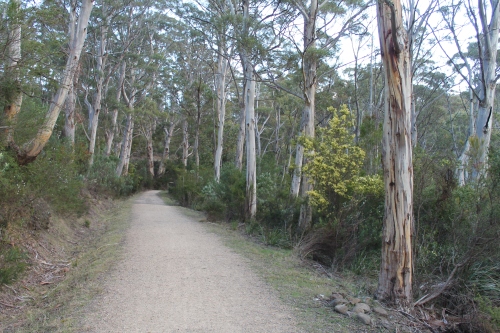Six degrees
She looked up from The New Scientist lying open on the kitchen table, eyes full of tears that didn’t fall. ‘What if’, she asked in a tone that suggested she didn’t expect an answer, ‘this climate thing doesn’t get fixed?’ ‘What if’, she went on, ‘everyone waits for someone else to do something, and no-one does? What if all the governments can’t agree on what to do? And you’, she says, her big eyes meeting mine, ‘won’t even be here if it does get six degrees hotter’.
When we left London fourteen years ago it was to give our kids wide open spaces and the freedoms I’d enjoyed as a child. It wasn’t selfless, I had expectations of my own, but it was a family decision. There was however something else on my mind, that I didn’t mention at our leaving party, which was that I quietly despaired that democratic governments round the world, keen for another term in power, would come to grips with the global issues, especially climate related ones, facing us. Just like my daughter at the kitchen table, I didn’t trust the grown ups, the powers that be, to do what needed to be done to look after this planet.
My family in Adelaide and in-laws in Scotland brushed off my fears. I was exaggerating the problem. I was the glass half empty. My husband, while not shrugging my fears off, didn’t support them. He thought that I should stop reading The Guardian newspaper. On joining the Environmental Committee, at my children’s new school, I had to be content with making small changes, like lowering the thermostat in the classrooms, and diverting organic waste into a worm farm.
Then I got to know my neighbour across the road, a country girl living in a bungalow with her young family on a busy Melbourne road. Over the next months and years we shared our joy – our lovely children – along with our fears. What if democracy wasn’t up to caretaking the modern world? And in particular, why did so few people act on the precautionary principle?
Seduced by the pastures of New Zealand, where my neighbour’s in-laws ran a dairy, Jenny packed up her family and left. A year later I too was seduced, this time by the grassy logs of Tasmania, which meant that I too packed up and left.
The next five years were swallowed whole by family life – which was more demanding and rewarding than I ever could have imagined. Environmental activism never even made it on to my list. I gave money to save the Barrier Reef, to natural disasters, and to return near-extinct species. I paid for our organic compost to be kept out of landfill. But I didn’t feel empowered. I didn’t feel that my donations would help reverse or even stall these threats. I gave money because it was the easy thing to do, because it made me feel slightly better. And because, my hands tied by family life, it seemed the only thing I could do.
But then this week my daughter looked at me, eyes full of tears that didn’t fall, and asked me a question that I couldn’t answer. Although she framed it generally, her question felt very personal. I had, I felt, single-handedly let her down. Why, I asked myself, couldn’t she ask me about sex? Or drugs and alcohol?
My mother used to laugh at me for not using a tumble drier, when everyone else was using theirs. ‘What difference will you not using yours make?’ I, of course, always felt that it did make a difference, to me at least.
Is it time, I wonder, for me to get off the fence that I’ve perched on these last ten years? My ex-neighbour Jenny, fed up with the inertia and lobby groups that block meaningful change, is gearing up for a political role in New Zealand. What, I wonder, will I do?

